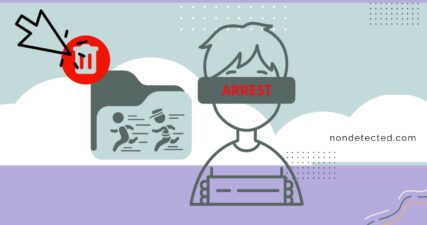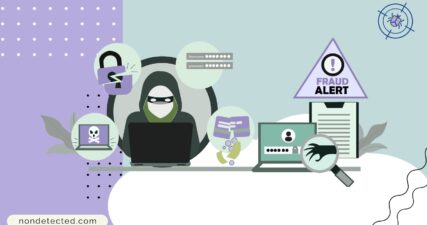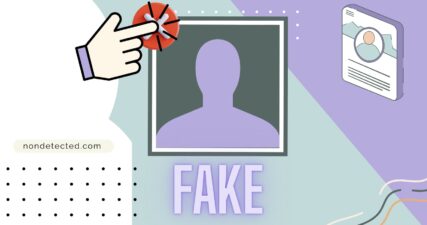Online Brand Reputation Crisis Management. How to Protect Your Brand Identity?
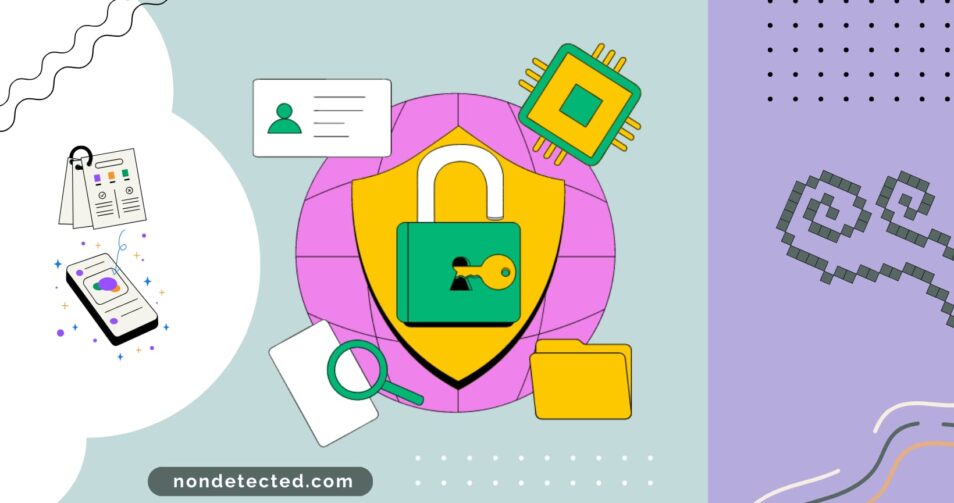
We live in a digital world, so it is critical to protect your brand because its online reputation is one of the most valuable assets. At the same time, it is also vulnerable because one viral post, leaked document, negative review, or controversial headline can result in a full-blown brand crisis in minutes.
In the past, companies had time to prepare statements or consult lawyers about issues such as brand infringement before they faced the public, but these days, you must respond to negative online reviews within hours or even minutes to avoid long-term damage.
A reputation crisis does not only impact sales, but it can also lead to the loss of customer trust and negative customer feedback , employee dissatisfaction, loss of partnerships, plummeting investor confidence, and long-term damage to brand equity. That is why online brand reputation crisis management is a core business necessity.
In fact, according to a study by Weber Shandwick, 63% of a company’s market value can be directly attributed to its reputation. This shows that business reputation and brand perception have very real financial consequences.
Therefore, companies of all sizes, let they be startups, SMBs, or enterprises, must treat online reputation management as a top strategic priority.
Common Problems Brands Face Online
Even though every crisis is unique, certain patterns can be seen across different industries. Knowing them and adopting a proactive approach might be helpful for successful brand reputation crisis management. Below, you can find 10 of the most frequent reputation risks:
- Negative reviews go viral. One bad experience can spread rapidly through social platforms and review websitesresults.
- Accusations of ethical violations. Accusations such as labor violations, unsustainable practices, or greenwashing can elicit a significant backlash.
- Executive scandals. The actions of founders or executives are often conflated with the brand itself, especially for startups or personal brands.
- Data leaks or privacy breaches. Mishandling user data or suffering a hack can destroy public trust for years.
- Insensitive social media posts. Poorly worded posts, tone-deaf campaigns, or humor that is perceived as controversial can all spark outrage.
- Backlash from influencer partnerships. Brands aligned with problematic influencers may face a perception of guilt by association.
- Customer service fails captured on video. A brand might be defined by a poor service moment caught on video.
- Fake news or false accusations. Even if claims are not true, they can result in chaos before they are erased.
- Employee misconduct is shared publicly. An employee’s behavior online or offline can instantly affect a company’s public image.
- Competitor smear campaigns. Some brands utilize underhanded tactics, such as posting fake reviews or spreading rumors to harm rivals.
Each of these scenarios can escalate rapidly if you do not deal with them properly. This means that you should take quick action and look for professional help from a trusted agency, such as NonDetected.
Real-Life Brand Identity Crisis Examples
If you still think that protecting your brand online is not something that should be your priority, then you are welcome to get acquainted with a few real-life crisis examples.
Such instances show how vulnerable companies are, and even the largest corporations can fall victim to online reputational damage.
- United Airlines (2017). A video of a passenger being forcibly dragged off a plane went viral. The company’s tone-deaf initial response caused global outrage, but a slow apology came only after stock prices dropped.
- Pepsi (2017). Their commercial, starring Kendall Jenner, attempted to depict a protest resolved with a can of soda. Instead, it trivialized serious social issues, so the brand had to face mass criticism and had to pull the ad.
- Equifax (2017). A major data breach exposed the sensitive information of 147 million users. The delay in notifying the public and offering a weak response solution ruined public and governmental trust.
- H&M (2018). An ad showed a Black child in a hoodie reading “Coolest Monkey in the Jungle,” which many viewed as racially insensitive. Social media backlash led to protests and store closures in some countries.
- Facebook (2018 – Cambridge Analytica). Unauthorized access to user data by political consultants led to global scrutiny, fines, and the “#DeleteFacebook” movement.
- Balenciaga (2022). A controversial campaign that involved children and suggestive imagery triggered a mass backlash. The brand issued multiple statements, but critics felt that they avoided accountability.
- Uber (2017–2019). A series of controversies, including executive behavior, workplace harassment, and data misuse, plagued Uber. Each situation added fuel to an already negative public narrative.
- Burger King (2021). A tweet meant to highlight the gender gap in culinary education started with “Women belong in the kitchen.” In spite of the intent, the tweet backfired, and this showcases how context and delivery matter.
- Lush (2021). Lush Cosmetics quit social media platforms over mental health concerns. While applauded by some, others criticized the decision as performative and disconnected from customers.
- Tesla (Ongoing). Elon Musk’s unpredictable tweets on topics from politics to product announcements have often created PR headaches for Tesla because they have had an impact on its brand perception and stock.
Top 10 Strategies to Cope With an Online Brand Reputation Crisis
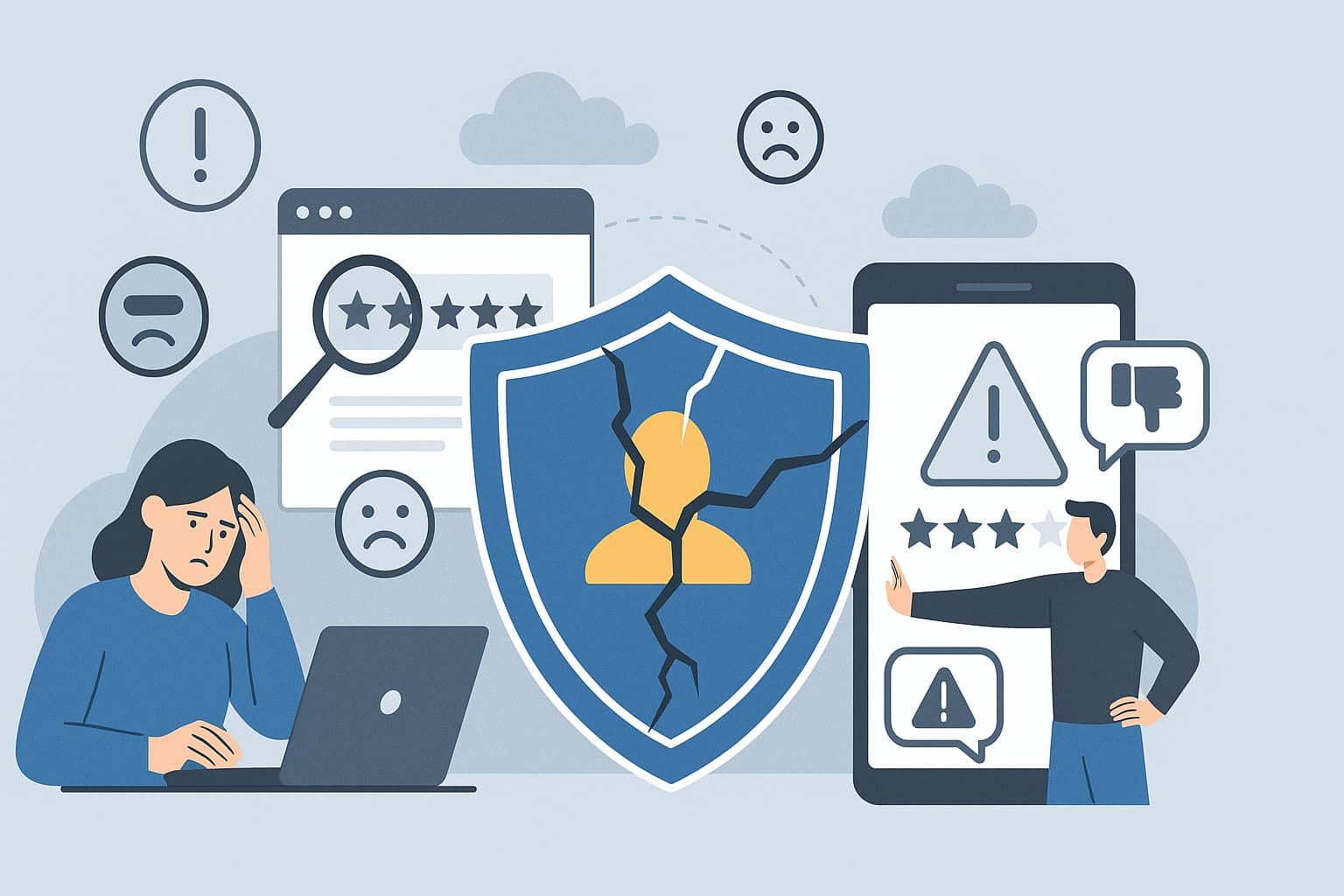
Below, you can find the ten most effective ways of brand protection from NonDetected, along with their pros and cons. These are not theoretical ideas, as they are based on real results across industries.
1. Proactive Monitoring and Alerts
The first step you should take to manage a crisis is to know when it starts. Tools like Google Alerts, Google Results about You, Brand24, Mention, and Meltwater allow you to track mentions of your brand in real-time across news sites, blogs, forums, and social media.
Pros:
- Real-time notifications provide you with an early warning, which allows your team to respond promptly before a story escalates.
- You can gauge sentiment, track trends, and spot emerging threats.
Cons:
- The volume of mentions can be overwhelming, especially for large brands.
- Context may be missing, which means that a human is required to distinguish real threats from noise.
2. Own the Brand Image Narrative Early
When there is a crisis, silence can be deadly. The first statement a brand makes sets the tone for public opinion. Let it be a data breach, product recall, or controversial incident, addressing the issue quickly shows leadership and accountability.
Pros:
- The approach demonstrates that your brand is in control and there is nothing to hide.
- It prevents misinformation from dominating the conversation.
Cons:
- Saying the wrong thing too early can backfire.
- It requires trained communicators who understand legal and reputational risk.
3. Activate a Crisis Response Team
Every organization, regardless of its size, needs a dedicated team that is always ready to solve issues. This team should contain representatives from PR, Legal, HR, and senior leadership. You should consider that successful brand crisis management requires them to have defined roles and escalation paths.
Pros:
- The method adds unity and consistency in messaging.
- It reduces confusion and overlap between departments.
Cons:
- The strategy requires regular updates so that everything remains effective.
- Lack of coordination can result in delays in decision-making.
4. Respond on the Right Channels
If the crisis is unfolding on Twitter, you should never release your first statement in a press release that also reflects in search engine results . Instead, you need to go where the conversation is taking place, which can be Reddit, TikTok, Facebook, or Instagram. Your task is to meet your audience with honesty and transparency.
Pros:
- This one shows that you are listening and engaged.
- The approach builds trust with digital-native audiences.
Cons:
- It opens the door to trolls and harsh criticism.
- The strategy requires real-time moderation and a carefully managed tone.
5. Take Responsibility Without Legal Liability
When mistakes occur, a sincere apology goes a long way, but it is essential to remember that legal risks must be carefully navigated. You need to express empathy, acknowledge the issue, and communicate next steps in a clear way. However, you should do all that without admitting fault in legal terms.
Pros:
- This one rebuilds emotional trust.
- Positions your brand as human and accountable.
Cons:
- Careless wording can lead to lawsuits.
- It needs close review by legal counsel.
6. Partner with Credible Third-Parties for Brand Protection
Aligning with trusted figures or institutions, such as industry bodies, experts, or community leaders, can make your response credible. The thing is that they lend authenticity and help you amplify your message.
Pros:
- The approach increases credibility.
- It provides external validation of your actions.
Cons:
- Poorly chosen partners may be seen as insincere.
- Partnerships must feel organic, not staged.
7. Make Legal Action – Remove Damaging Content
In many crises, harmful content is at the core, and it can be online mentions like fake online reviews, defamatory posts, arrest records, private leaks, or online attacks. At NonDetected, we know how to protect your brand online and specialize in helping individuals and businesses remove such damaging content legally and discreetly.
Pros:
- It stops the spread of false or outdated information.
- The approach reduces the search engine visibility of negative content.
Cons:
- Media articles or legal records are harder to remove.
- Some cases require legal negotiations or court orders.
8. Communicate Internally With Transparency
Employees are on the front lines, and if they feel blindsided, they might unintentionally spread false narratives or leak information. Therefore, it is essential to keep them informed, which should help you build trust both internally and externally.
Pros:
- It promotes alignment and morale.
- The method ensures consistent messaging across all channels.
Cons:
- Internal leaks can worsen the situation.
- It may require NDAs and legal coordination.
9. Invest in SEO and Suppression
Negative stories can remain on the first page of Google for years. One of the most effective long-term strategies is to create and promote positive content and more relevant info to push harmful results down.
Pros:
- It gives you greater control over your online narrative.
- The approach supports PR and marketing simultaneously.
Cons:
- The process takes time to see measurable results.
- It requires consistent publishing and optimization efforts.
10. Conduct a Post-Crisis Audit
There is one more step that you should take after you solve the issue. You need to create a report that outlines what worked, what failed, and what changes are required. The point is to utilize it to refine your playbook and update training.
Pros:
- It allows you to get ready for future incidents.
- The strategy builds a culture of accountability and learning.
Cons:
- It may uncover uncomfortable truths.
- It requires honest feedback from leadership and team members.
Prevention, Response, and Recovery
Reputation crises happen, which means that even the most trusted brands can face this issue. The key difference here is how quickly and effectively you respond. Silence, delay, or denial are no longer viable options.
Your brand’s reputation is formed online by customers, employees, the media, and sometimes even your competitors. Therefore, it is up to you how you perform online reputation management.
Even though PR, transparency, and social listening matter, they do not always go far enough to mitigate negative publicity. In many cases, the damage remains online in the form of negative articles, viral tweets, leaked files, or unauthorized use of your brand asset. That is when NonDetected can help you.
Our agency is built for one purpose, which is to help businesses regain control of their online narrative. We utilize legal tools, negotiation tactics, and SEO to remove harmful content and protect your brand’s future, including its intellectual property.
If you ever need someone who knows how to protect a brand online and obtains proven experience in doing that, you are welcome to reach out for a confidential consultation. Our experts will assess the issue, recommend the best strategy, and take action.
Quick benefits of choosing us:
- We focus on actual removal and not just basic PR talk.
- Confidential and legal services.
- Trusted by professionals, startups, and enterprise brands
Let NonDetected help you turn your brand online crisis into an opportunity for a stronger, cleaner, and more trusted, positive online presence.
